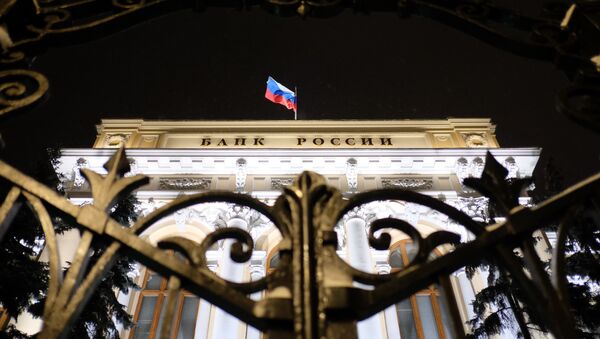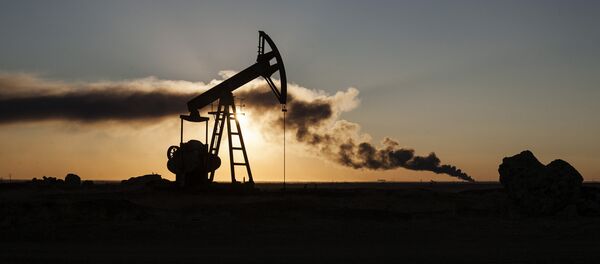"We are revising our forecasts. We must proceed from the fact that oil prices may remain on quite a low level for a long time, and, of course, a new decrease in oil prices is adding to the inflationary pressures," Nabiullina said at a meeting with Russian bank heads.
According to the Russian Central Bank governor, the country has largely adapted to the changed external conditions.
The Central Bank sharply increased key interest rates to 17 percent in December 2014 in an attempt to limit growing devaluation and inflation risks. Throughout 2015, the bank lowered the key rates, finally resetting it at 11 percent in August.
The Russian economy has experienced a slowdown caused by an oversupply in the global crude oil market and by Western sanctions that have been imposed over Russia’s alleged role in the internal Ukrainian conflict.
The ruble has lost more than half of its value. The Russian Finance Ministry said Wednesday it was not considering measures to deliberately weaken the national currency in order to plug holes in the state budget.



